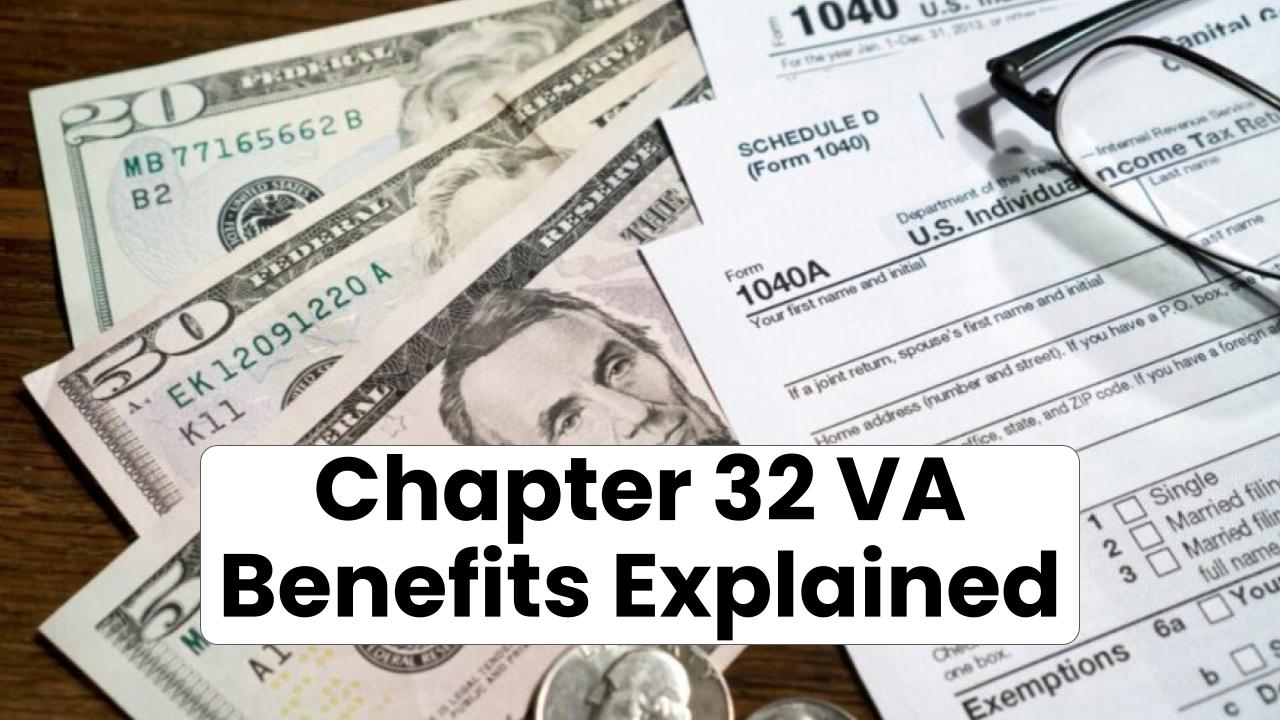Finland has recently made significant changes to its immigration laws, particularly affecting foreign workers. In a move that will impact both newcomers and existing employees, the Finnish government has raised the income requirement for work permit extensions. If you’re working in Finland or planning to extend your stay, it’s essential to understand how these new rules might affect you. In this article, we’ll break down everything you need to know about Finland’s new income threshold, how it impacts foreign workers, and what actions you may need to take.

Finland Just Raised the Income Requirement for Work Permit Extensions
| Key Points | Details |
|---|---|
| New Monthly Income Requirement for Work Permits | €1,600 for standard work permits and €3,827 for specialists (effective January 1, 2025). |
| Impact on Work Permit Extensions | Existing workers will need to meet the new income limits when renewing permits after April 1, 2025. |
| Salary Composition | Gross salary is used; fringe benefits may account for up to 50%. |
| Transition Period | Current permit holders get three months to meet the new limits. |
| Official Resources | Finnish Immigration Service (Migri) |
| FAQ Section | Answers to common concerns about the new income requirements. |
Finland’s new income requirement for work permit extensions is a significant change for foreign workers, but with the right preparation and understanding, it doesn’t have to be a hassle. The key takeaway here is that foreign workers must now earn a higher income to renew or apply for work permits in Finland, which aligns wages with national standards and ensures that foreign workers can support themselves financially.
What Has Changed?
As of January 1, 2025, Finland will implement a higher minimum income requirement for foreign workers seeking work permit extensions or new permits. The amount varies based on the type of work:
- For regular work permits, foreign employees will need to earn at least €1,600 per month. This is a significant increase from the previous threshold, which was €1,399 or the amount specified in the applicable collective agreements.
- For more skilled jobs, including positions under the EU Blue Card and specialist roles, the income requirement rises to €3,827 per month, up from €3,638 in 2024.
These changes are being put in place to ensure that foreign workers can support themselves financially while living and working in Finland, aligning wages with the country’s average salary levels.
Why Is This Important for Foreign Workers?
If you’re currently working in Finland and planning to extend your residence permit, you must meet the updated income threshold. If you’re applying for a new permit or a specialist permit after January 1, 2025, you’ll need to meet the higher income requirements right from the start.
For many foreign workers, this could mean adjusting your salary or revisiting your employment contract to ensure compliance with the new rules. The goal of these changes is to make sure that foreign workers earn a sufficient income, contributing to their self-sufficiency and the country’s labor market standards.
How Will This Affect Your Work Permit Application?
Example 1: Maria, an IT Specialist in Finland
Maria is an IT specialist from the Philippines who has been working in Finland for two years on an EU Blue Card. Her current monthly salary is €3,700, which is above the previous threshold of €3,638. However, with the new rules in place, Maria’s salary still meets the updated requirement of €3,827. When her current work permit expires in six months, she will only need to continue earning that salary to qualify for a permit extension.
Example 2: Ahmed, a Construction Worker
Ahmed is working in Finland on a general work permit in the construction sector, and he earns €1,500 per month. Under the new income requirement, his current salary falls short of the €1,600 minimum. Ahmed will need to either negotiate a salary increase with his employer or consider additional income sources to meet the new threshold for his permit renewal.
Example 3: Raj, a Healthcare Worker
Raj is working as a healthcare assistant in Finland. His salary is €1,400 per month, which barely meets the previous threshold of €1,399. However, under the new rule, he will need to negotiate a raise to ensure that he can qualify for an extension after April 1, 2025.
What Counts Towards the Income Requirement?
It’s essential to understand what is included in the income calculation. According to the Finnish authorities, the gross salary is the primary factor, but additional components can also count. These include:
- Fringe benefits: While not a direct part of your salary, things like health insurance, housing, and transportation allowances can count towards meeting the income requirement, as long as they are part of your taxable income.
- Overtime pay: Any extra hours you work beyond the normal full-time schedule may also be considered, as long as the overtime pay is part of your gross income.
However, evening work pay, night shifts, or other irregular work allowances may not always count towards the income requirement, so it’s crucial to clarify this with your employer or the Finnish authorities.
How to Prepare for the Change
As a foreign worker in Finland, here are a few things you can do to prepare for the upcoming changes:
- Review Your Salary: Check your current salary and verify if it meets the new threshold. If not, discuss potential raises with your employer or look for additional income sources.
- Check Your Contract: Ensure that your employment contract includes all taxable benefits and allowances that can help you meet the new income threshold.
- Consult with Finnish Authorities: If you are uncertain about the specifics of your case, reach out to the Finnish Immigration Service (Migri) for official guidance.
- Employer Cooperation: Employers should also be proactive in reviewing their workforce’s salaries to ensure that employees will meet the new requirements when the time comes for a permit extension.
- Plan Ahead: If you’re on a work permit that expires soon, start working on the renewal process well in advance. This will give you time to make any necessary adjustments to your salary or contract.
FAQs
1. When do the new income requirements take effect?
The new income thresholds will apply to all work permit applications submitted after January 1, 2025, and for permit extensions after April 1, 2025.
2. What happens if I don’t meet the new income threshold?
If you don’t meet the new requirements, your work permit renewal may be denied. It’s crucial to either increase your income or adjust your employment contract before applying for an extension.
3. Can fringe benefits be used to meet the income threshold?
Yes, certain taxable fringe benefits, such as housing allowances or insurance, can be included in your income calculation, but they must be properly reported as taxable income.
4. What happens if my application was submitted before the new thresholds were announced?
If your application was submitted before the new rules came into effect, it will be processed under the old requirements. However, if it is still pending after the rules are implemented, you may need to adjust your income.
5. How can employers help foreign workers comply?
Employers can review and update their employees’ contracts to ensure that the salaries meet the new income thresholds. They can also discuss raises or other benefits that may help their employees qualify for the work permit extensions.








